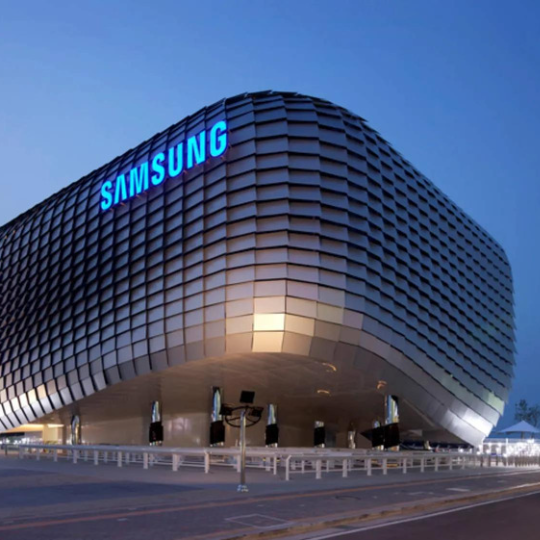Samsung Corporation has been a leading consumer electronics and home appliances provider since its inception in 1938. Lee Byung-Chul founded the company as a small trading company dealing in groceries and other retail items. Over the years, the company grew to become one of the largest conglomerates in South Korea, with businesses spanning various industries such as telecommunications, semiconductors, construction, and biotechnology.
In the 1970s and 1980s, Samsung focused on electronics and home appliances. This shift has enabled Samsung to become one of the world’s giant televisions, mobile phones, computers and other electronic product producers. The company was also able to make significant advances in semiconductor technology, allowing them to make more advanced products such as memory chips and processors.
During the 1990s, Samsung became a significant global player with their aggressive marketing strategies and innovative products. During this period, it acquired many companies to expand its business portfolio and access new technologies. In addition to expanding its product line-up, Samsung also invested heavily in research and development, which allowed them to stay ahead of the competition.
The 2000s was an especially important decade for Samsung as it became one of the top manufacturers of smartphones worldwide. They were able to capitalize on this success by developing unique features such as their TouchWiz user interface, which allowed users to have a more intuitive experience with their devices. In addition, they also launched their software platform Bada, which allowed developers to create applications for their devices.
Today, Samsung is one of the most successful corporations in the world, with over $200 billion in annual revenue. They have succeeded through solid management practices and innovative products that meet customer needs. Their business model is focused on delivering quality products at competitive prices while providing excellent customer service for all customers around the globe.










